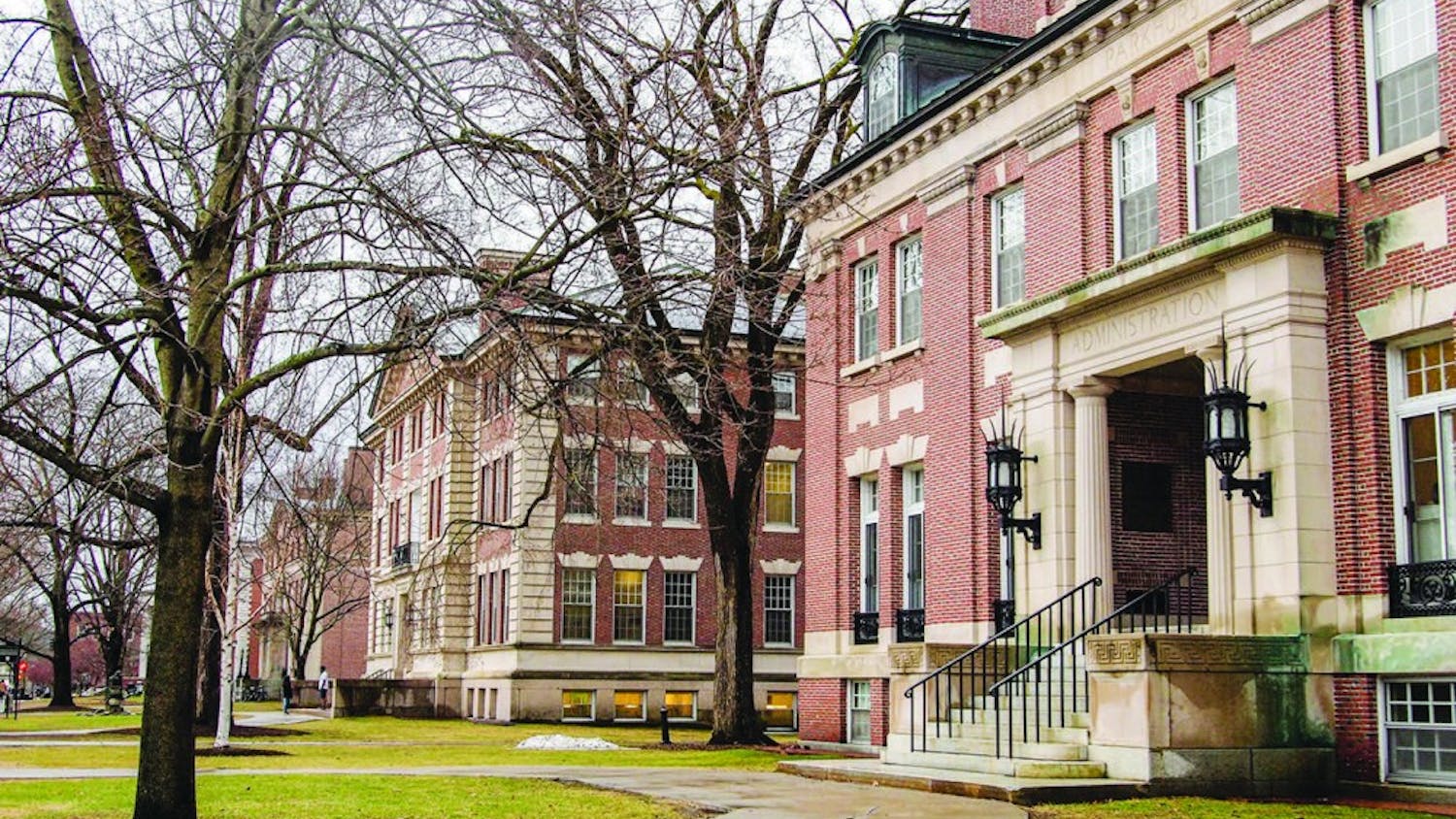When I first enrolled as a Ph.D. student at Dartmouth, I understood that I was choosing to do graduate work at an undergraduate-focused college. That was one of the main reasons I chose Dartmouth: If I ultimately wanted to teach and be a professor, why not learn from some of the best undergraduate instructors in the world? I didn’t anticipate that as a graduate student I would often be an after-thought — expected to shut up and do my work and not really be a part of the Dartmouth community. But make no mistake, graduate students are fundamental to the success of the College, and it is about time the institution acted like it.
Graduate students here must be humble, work hard and sacrifice their personal lives to advance. In fact, I have been told by faculty that I should not let my personal life interfere with my professional life, and that voicing concerns about my mental health made me unfit to do “my type of science.”
Like most community members, I am absolutely repulsed by the abuse allegedly perpetrated by former faculty members in the psychological and brain sciences department. As a graduate student, I am livid. Seven of the nine alleged victims are current and former graduate students, clearly demonstrating that Dartmouth does not have the necessary safeguards in place to protect and serve this student group.
Because graduate students are looking for professional excellence in very specialized fields, it can be difficult to get out of a toxic relationship with an advisor. Additionally, graduate students have an awkward balancing act between being students and college employees: When our rights are violated, who should we turn to? The handful of non-specialized employees in the graduate school office or human resources? The graduate school currently asks graduate students to report violations to other faculty on their committee, the Title IX office, an affirmative action officer or the graduate school. However, none of these resources will help ensure that a student does not face serious professional consequences by speaking out about violations. And what are we to do when departments are unable, unwilling or incapable of helping? Who, then, is our advocateEven in the midst of its litigation-inspired awakening and promises for change, the College has done little to protect its graduate students from potential predatory and inappropriate behavior by college faculty and staff, let alone from the routine gender and power dynamic-based harassment that is so insidious in research. The College’s Campus Climate and Culture Initiative currently does little to address the entrenched academic hierarchy and power dynamics that make abuse pervasive across academia and on this campus. Among the most recent dismissive gestures made by the administration is the decision to no longer employ an ombudsperson, who would be an additional resource for graduate students, post-docs, research staff and faculty to discuss uncomfortable and abusive power dynamics. Additionally, there is little to no institutional incentive for good mentorship and respectful treatment, with publications and grants often prioritized ahead of the responsible and fair treatment of trainees.
On average, Ph.D. students spend more time at Dartmouth than undergraduates do, with most dissertations taking four to seven years to complete. Yet many of us often feel detached from, frustrated with and neglected by the College. Note that we are your teacher assistants, responding to last-minute questions and holding extended office hours; we are the ones who know exactly what is going on in the lab; and we are the near-peer mentors that many undergraduates seek out. We have a pulse on the newest and best technologies and the energy and stamina to learn them. We are the future, but Dartmouth is leaving us in the dark, hidden in windowless offices, behind lab benches and underneath stacks of ungraded papers. Dartmouth’s failure to recognize this neglect will forever impede true university status. Meanwhile, the College will continue to produce excellent researchers who succeed despite the College, rather than because of it.
Dartmouth, it is time to do better for your future leaders. It is beyond time to give graduate students the support we need and deserve.
Finger Higgens is a Ph.D. Candidate at Dartmouth College and president of Graduate Women in Science and Engineering.
The Dartmouth welcomes guest columns. We request that guest columns be the original work of the submitter. Submissions may be sent to both opinion@thedartmouth.com and editor@thedartmouth.com. Submissions will receive a response within three business days.


